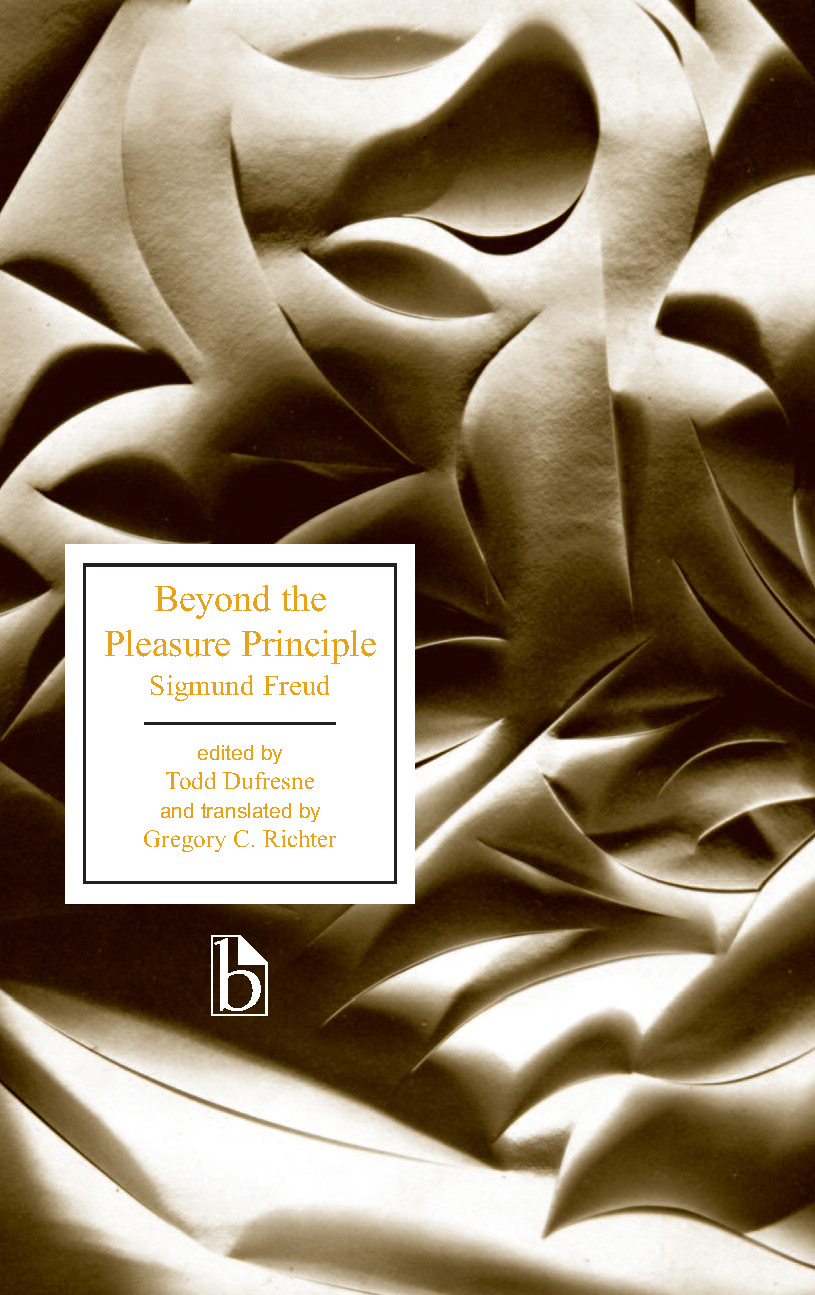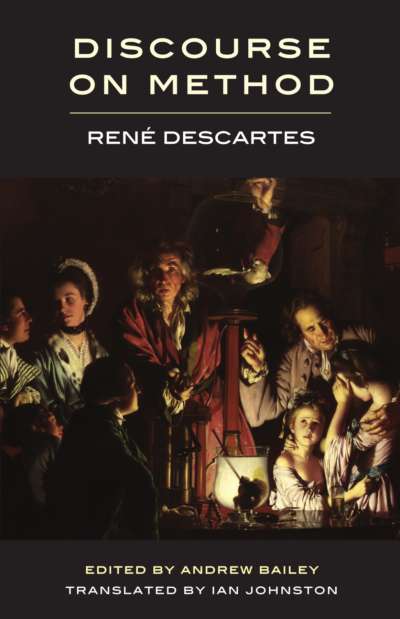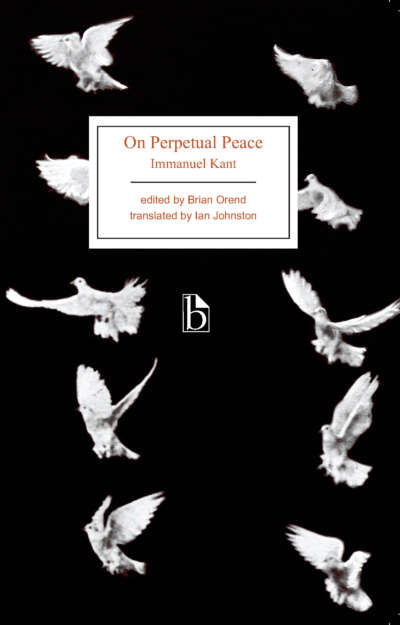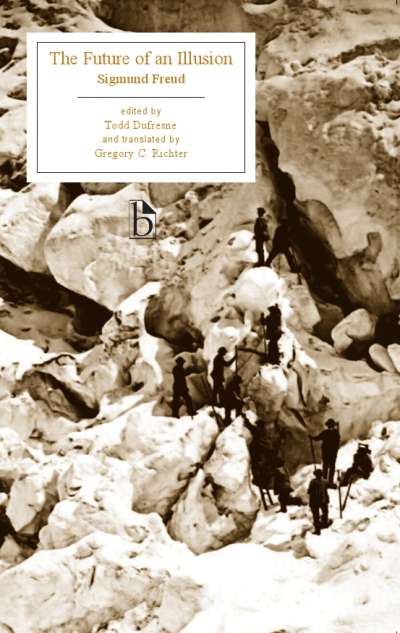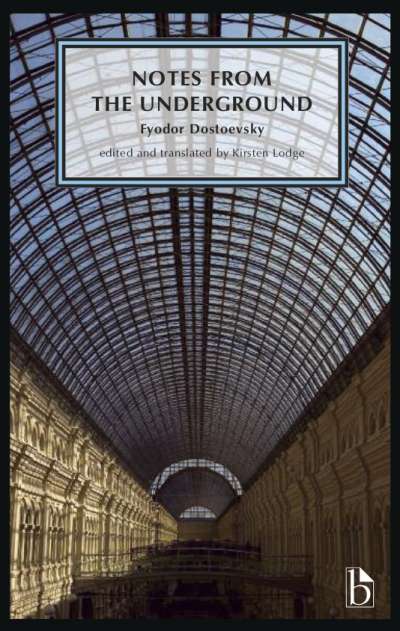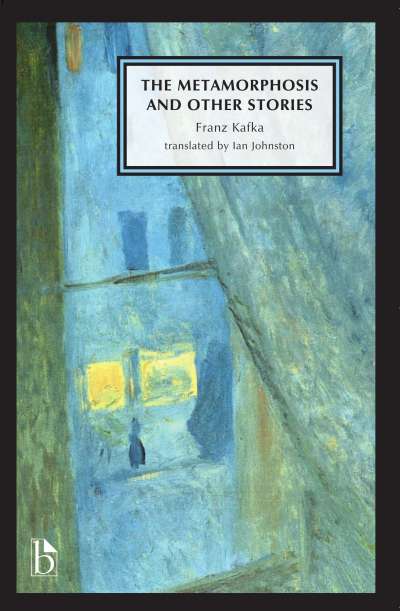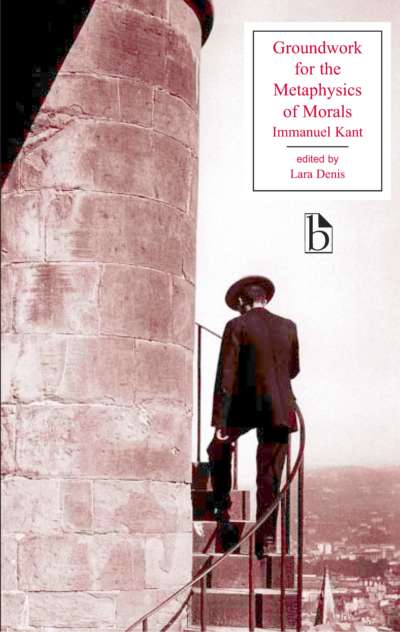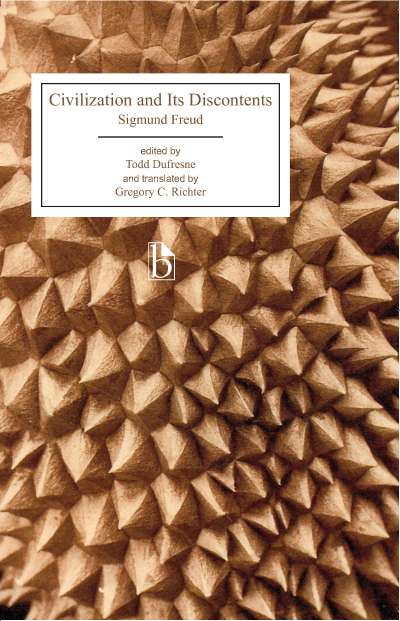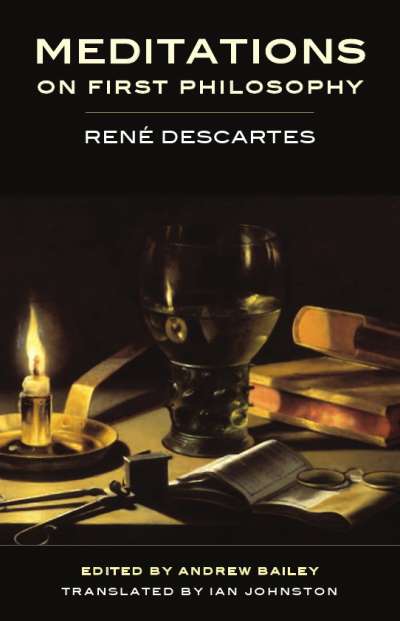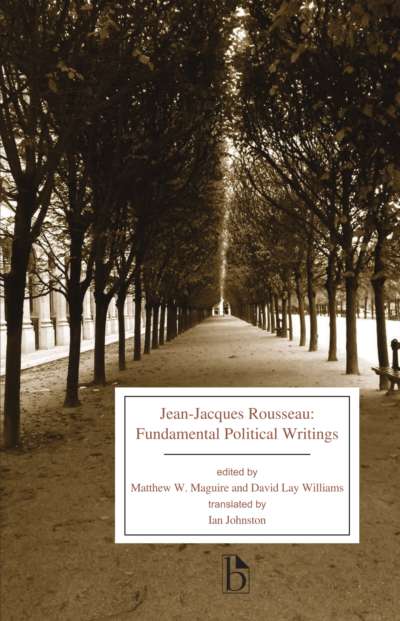A modified Ebook of this title is available here.
Beyond the Pleasure Principle is Freud’s most philosophical and speculative work, exploring profound questions of life and death, pleasure and pain. In it Freud introduces the fundamental concepts of the “repetition compulsion” and the “death drive,” according to which a perverse, repetitive, self-destructive impulse opposes and even trumps the creative drive, or Eros. The work is one of Freud’s most intensely debated, and raises important questions that have been discussed by philosophers and psychoanalysts since its first publication in 1920.
The text is presented here in a contemporary new translation by Gregory C. Richter. Appendices trace the work’s antecedents and the many responses to it, including texts by Plato, Friedrich Nietzsche, Melanie Klein, Herbert Marcuse, Jacques Derrida, and Judith Butler, among many others.
Comments
“The collection of writings gathered here cover a great breadth and demonstrate quite clearly the importance of the ideas proposed in Freud’s Beyond.” — Metapsychology
“Todd Dufresne’s book sets a new standard for critical editions of Freud. In addition to the lucid new English translation by Gregory C. Richter, there is a splendidly informative introduction, related excerpts from Freud’s other works, and a provocative appendix of critical essays, including contributions from Schopenhauer, Nietzsche, Marcuse, Derrida, and Zizek, that challenge and destabilize this ‘metaphysical’ essay of Freud’s middle period. The pleasures of the text are rich and complex; in it we see Freud, as Dufresne aptly notes, moving ‘beyond psychoanalysis, in philosophy’—a journey of joyful intellectual homecoming.” — Mark Kingwell, Professor of Philosophy, University of Toronto
“Freud’s strange and conceptually adventurous Beyond the Pleasure Principle carves out a wholly original space between philosophy, psychology, and biology—a space we still find difficult to occupy, but one that opens up a range of challenging theoretical ideas from which we can continue to learn. In this new edition, Todd Dufresne expertly re-introduces us to a book that has spawned many important philosophical responses and interventions over the past half-century and reminds us why it is such a key book in Freud’s oeuvre. Gregory C. Richter’s superb new translation and Dufresne’s fantastic choice of both older theories on which Freud draws and newer thinkers who draw on Freud make this a book that anyone interested in contemporary philosophy and critical theory should add to their libraries and their classrooms.” — Imre Szeman, Canada Research Chair in Cultural Studies, University of Alberta
Acknowledgements
Introduction
Sigmund Freud: A Brief Chronology
Translator’s Note
Beyond the Pleasure Principle
Appendix A: Other Works by Sigmund Freud
- From “The Uncanny” (1919)
- From The Ego and the Id (1923)
- From “The Economic Problem of Masochism” (1924)
- From “A Note about the ‘Mystic Writing Pad’” (1926)
- From Civilization and Its Discontents (1930)
- From “Analysis Terminable and Interminable” (1937)
Appendix B: Antecedents and Continental Responses to Beyond the Pleasure Principle
- From Empedocles, Love and Strife (ca. 420 BCE )
- From Plato, Aristophanes’ Discourse on Love (ca. 385 BCE )
- From Arthur Schopenhauer, Death is the Résumé of Life (1892)
- From Friedrich Nietzsche, Repetition, Pleasure, and Pain (1882, 1886, posthumous)
- From Walter Benjamin, Shock and the Creative Process (1939)
- From Jacques Lacan, Death, Desire, and Freud’s Radical Turn (1954-55)
- From Melanie Klein, On the Development of Mental Functioning (1958)
- From Norman O. Brown, Instinctual Dialectics against Instinctual Dualism (1959)
- From Norman O. Brown, On Death, Time, and Eternity from Hegel to Freud (1959)
- From Paul Ricoeur, Superego and Culture: A Hermeneutic Interpretation (1965)
- From Paul Ricoeur, Open Questions: On Negation, Pleasure, Reality (1965)
- From Gilles Deleuze, Sadism, Masochism, and the Death Instinct (1967)
- From Jacques Derrida, Freud’s Mystic Writing Pad (1967)
- From Herbert Marcuse, “A Decisive Correction”: Non-Repressive Progress and Freud’s Instinct Theory (1970)
- From Jean Laplanche, Economic Paradox of the Death Drive (1970)
- From Gilles Deleuze and Félix Guattari, First Positive Task of Schizoanalysis (1972)
- From Erich Fromm, A Humanist Response to the Death Instinct Theory (1973)
- From Rodolphe Gasché, Scientific Discourse in the Light of Metapsychological Speculation (1974)
- From Jean Baudrillard, The Metaphor of the Death Drive and Its Counter-Finality (1976)
- From J.-B. Pontalis, The Work of Death (1976)
- From Samuel Weber, Freud, Aristophanes, and the Phantastic Hypothesis (1979)
- From Jacques Derrida, “A Kind of Discourse on Method”: Freud’s Performative Writing (1980)
- From Judith Butler, The Pleasures of Repetition: A Phenomenological Perspective (1987)
- From Todd Dufresne, “The Possibility of Happiness”: Absolute Narcissism and the Problem of Sociality (2000)
- From Slavoj Žižek, Paradox of the Freudian Death Drive (2006)
Select Bibliography
Index
Todd Dufresne is Professor of Philosophy and founding Director of the Advanced Institute for Globalization & Culture at Lakehead University. He is the author of five books, including
Tales From the Freudian Crypt: The Death Drive in Text and Context (Stanford University Press) and Killing Freud (Continuum).
Gregory C. Richter is Professor of German and Linguistics at Truman State University. His translations include The Incest Theme in Literature and Legend by Otto Rank and Inside Psychoanalysis: The Letters of Sigmund Freud and Otto Rank (both The Johns Hopkins University Press).
For a sample of Gregory C. Richter’s translation of Beyond the Pleasure Principle, click here. (Opens as a PDF.)

